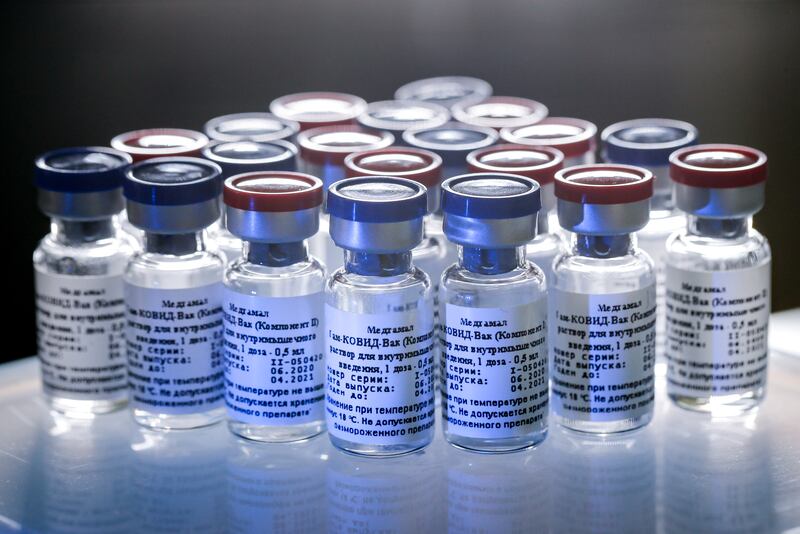We’re sure it wasn’t just nostalgia that motivated someone in Russia to name its forthcoming COVID-19 vaccine after the world’s first artificial satellite. Sputnik V, as the drug is known, isn’t a rosy throwback to slide rules and trigonometry. It’s clear Russia is hoping to win the next global contest — the race to end a pandemic and reap the incumbent recognition and financial rewards. Except, to get there, the country is cutting major corners.
The vaccine, to date, has been tested on 38 volunteers and Vladimir Putin’s daughter, who, according to her father, experienced only a slight fever in reaction. Now the country plans to skip large scale testing and move straight to mass production, making it available to health care workers and high-risk populations as early as October.
Health experts quickly raised alarms that Russia is moving too fast. In addition to the reality that Sputnik V’s side effects and overall effectiveness remain largely unknown beyond the experiences of 38 presumably healthy individuals, the country’s race to the front could trigger other national leaders to scramble, shortcutting their own systems to stay in the game.
That’s a hollow temptation, and politicians shouldn’t take the bait. Credible vaccines — more than 150 of them — are being developed worldwide, and six of the most promising are entering large-scale trials. Developments to combat this disease already have been moving at unprecedented rates. Government and health organizations should stay the course and ensure best scientific practices guide the advancements.
What countries ought to do but aren’t, on the other hand, is invest heavily in purchasing and distributing any effective drug that emerges. Data suggests the world is woefully behind.
A total of about $10 billion around the globe has been committed to the task of purchasing, packaging, distributing and administering a COVID-19 vaccine. That figure should be much higher, according to some proposals, maybe even multiplied by 10 or more.
The U.S. on Tuesday pledged $1.5 billion to buy 100 million doses of a vaccine being developed by Moderna, and it previously committed almost $2 billion to Pfizer’s forthcoming drug. “We are investing in the development and manufacture of the top six vaccine candidates to ensure rapid delivery,” President Donald Trump added.
America, and the world, should do more.
Not all vaccines are created equal; some will have characteristics that others don’t, for better or for worse. Some will be suited for a specific population. There’s also a 20% chance of failure once a drug reaches its final tests. It’s better to invest billions in several versions and be poised to distribute them quickly, even if it means throwing away the ones that don’t get final approval.
Some would call that lavish spending, The Economist observed last week, but, it continues, “The real extravagance would be to wait until a successful vaccine candidate emerges before rushing to boost production.” Lives saved are worth the cost, not to mention the economic savings of shortcutting the pandemic. Plus, The Economist adds, several hundred billion dollars spent on stockpiling potential life-saving vaccines pales in comparison to the $7 trillion the world has spent on applying bandages to the economic wounds inflicted by the virus.
While Russia thumps its chest, the rest of the world should commit the resources necessary to truly ending the pandemic and getting the world back on its feet.

